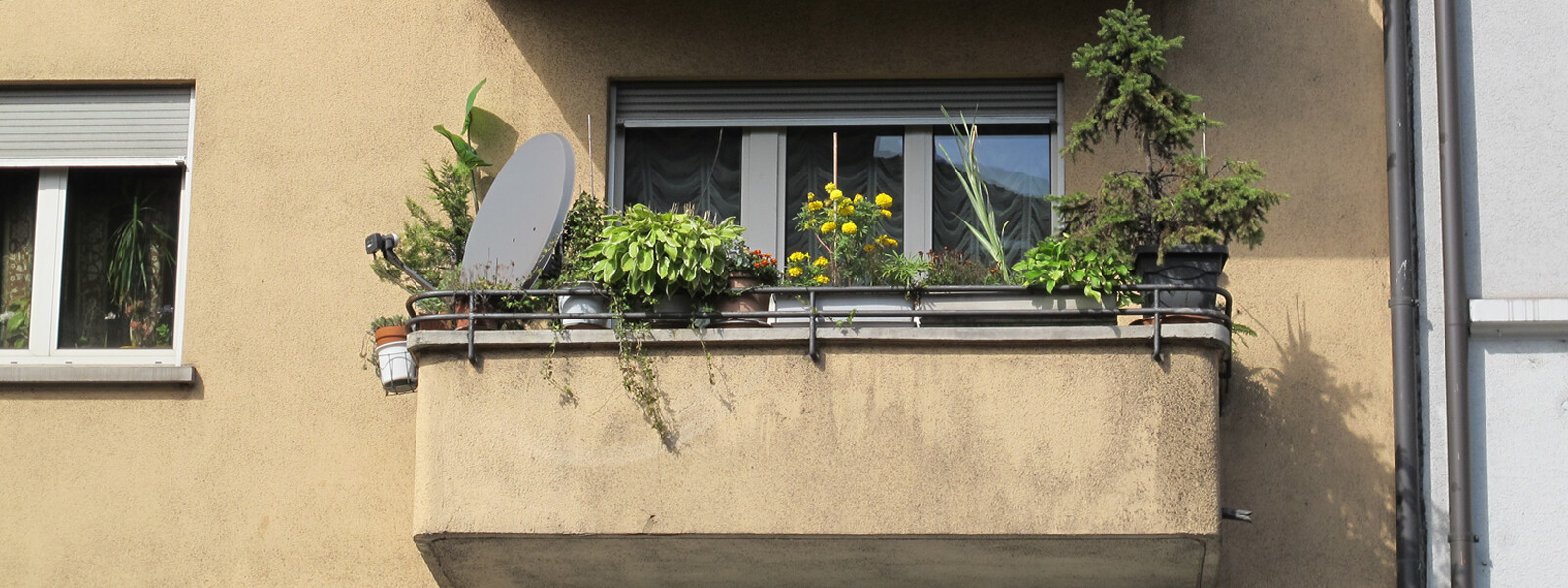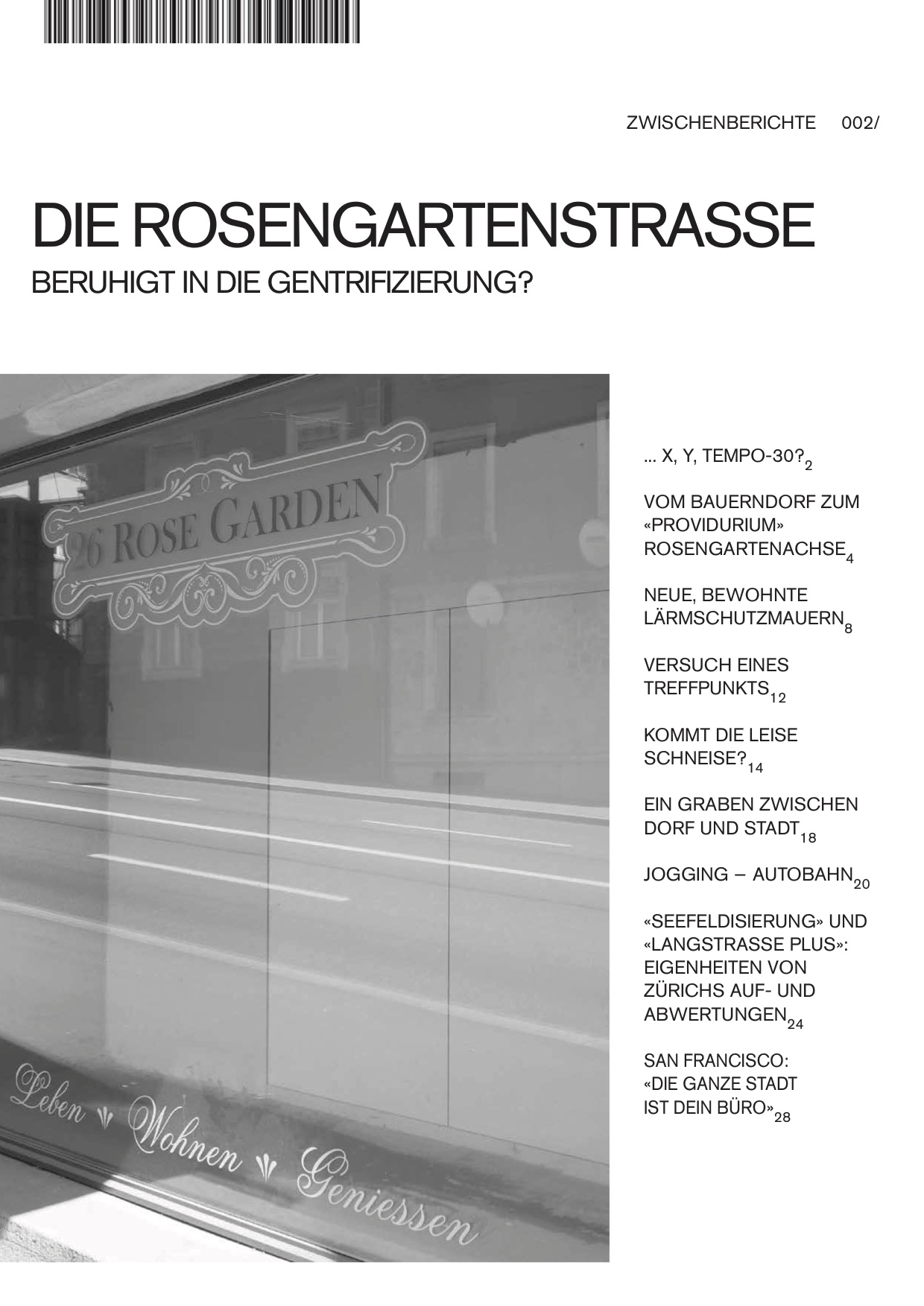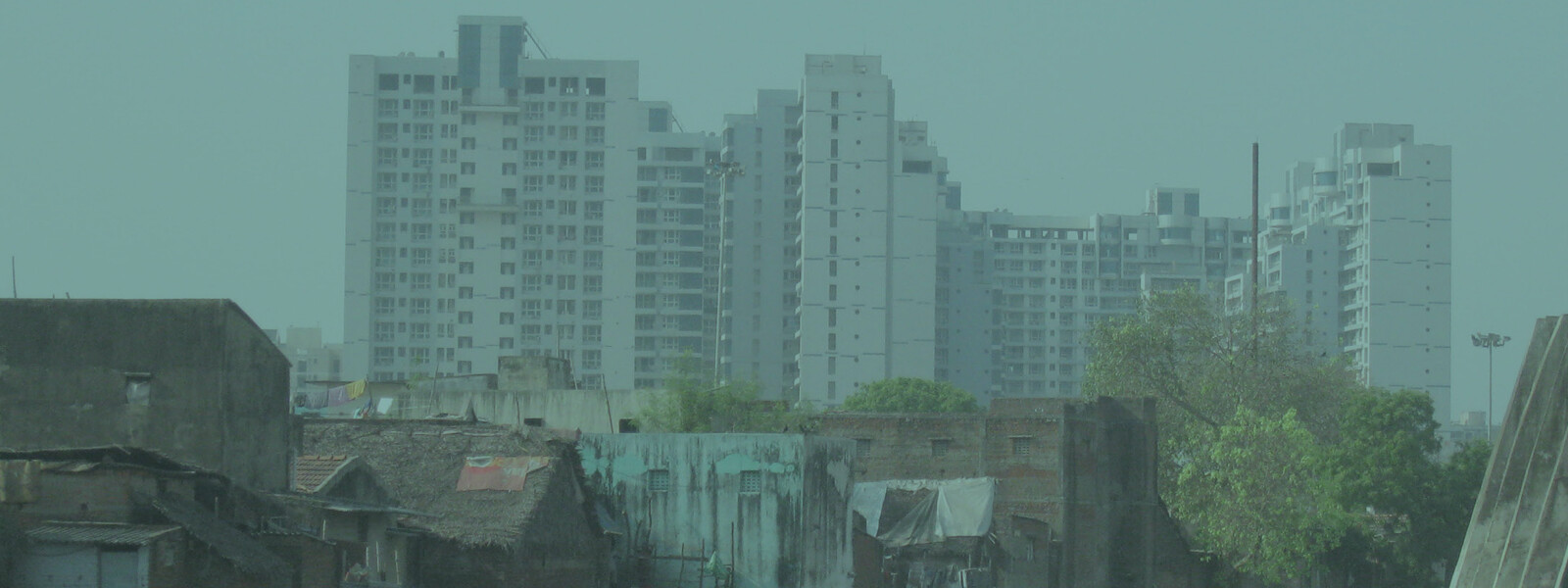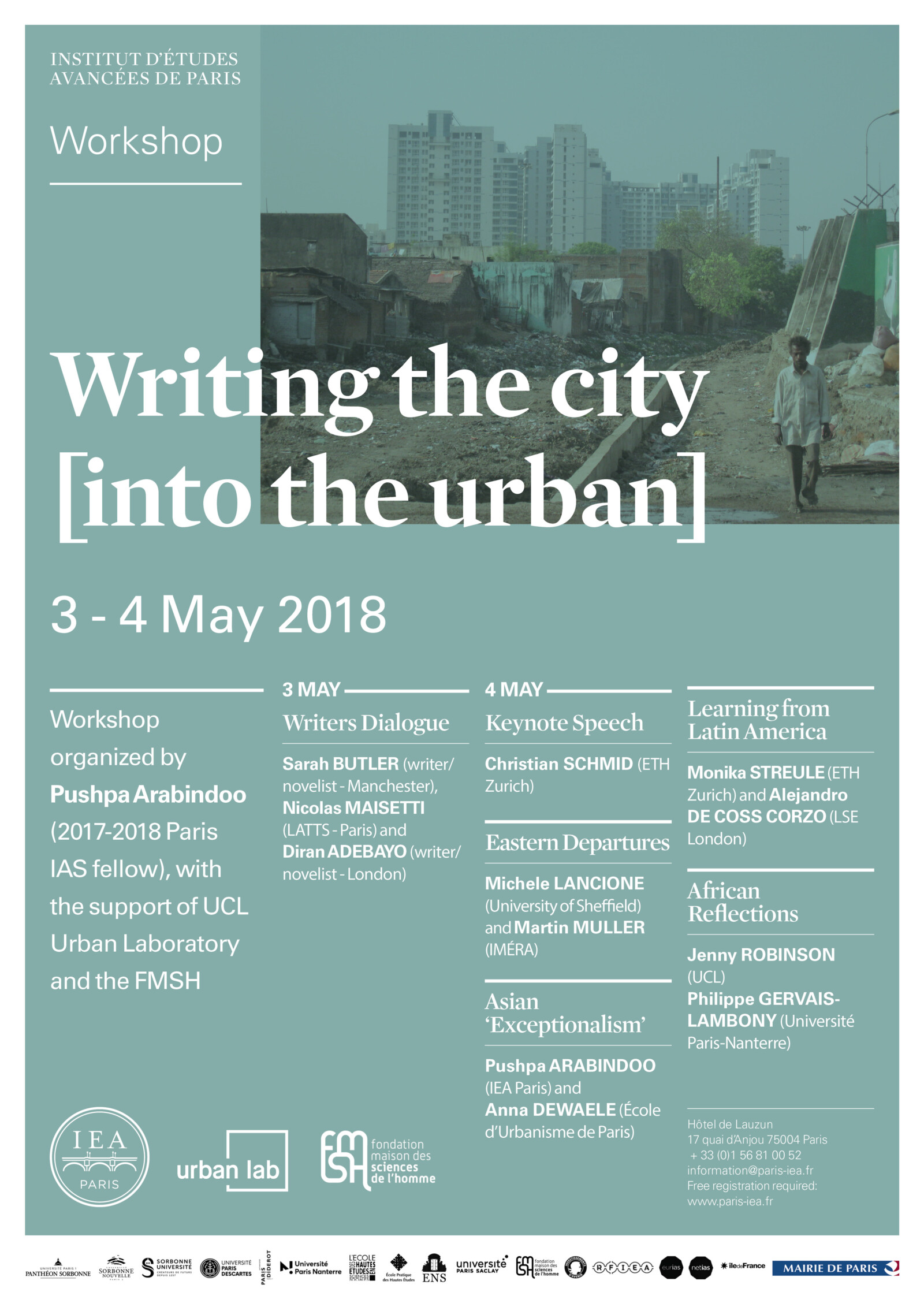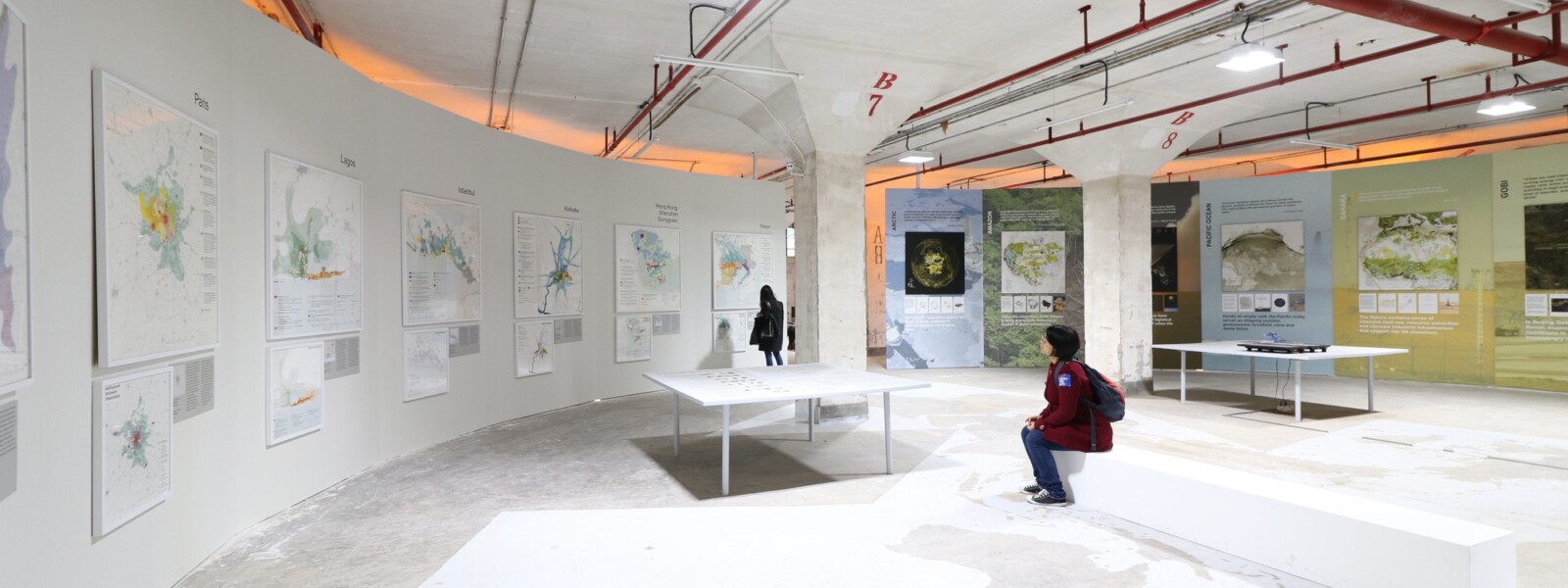(Zusammenfassung in Englisch)
Taking her recently published book Ethnography of Urban Territories (2018) as a starting point for this Talking Points Seminar, Monika Streule invites exploration and discussion of the experimental, critical and self-reflective use of differing methods in today’s urban studies.
Deriving from an intense empirical and theoretical commitment to the urban question in Mexico City since 2005, the book offers on the one hand a compelling close look at everyday life in this metropolis and literally invites us to roam the streets of Mexico City. On the other hand, it also suggests a novel interpretation of urbanization processes by focusing on inherent but often underrepresented power relations in the production and appropriation of urban territories. One of the main concerns of the book unfolds around the question of how qualitative-empirical methods, such as ethnography or qualitative mapping, can be adapted in order to explore contemporary urban conditions.
Dr Streule seeks to contribute to current debates by proposing a socio-territorial perspective and by introducing specific methodological design of a mobile ethnography that enables qualitative analysis of large and heterogeneous urban territories. By suggesting different representations of the urban, she thus emphasizes how important it is to entangle empirical and theoretical conceptualizations transductively in order to further decentre urban knowledge production.
Respondents: Professor Haim Yacobi (The Bartlett DPU, UCL) and Dr Katherine Saunders-Hastings (Institute of the Americas, UCL)
Invited lecture at the Institute of Advanced Studies Talking Points Seminar, November 13 2018, London

